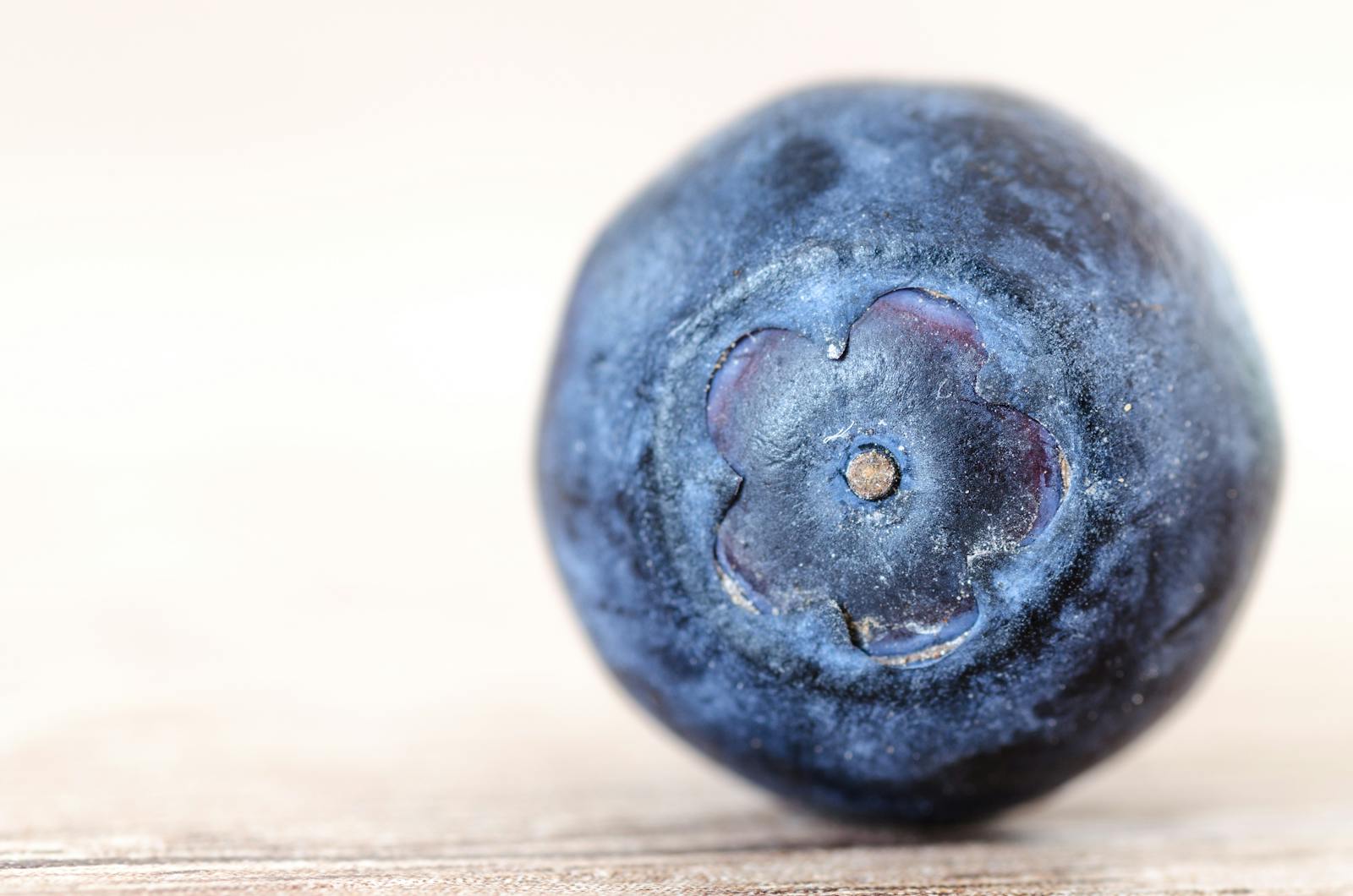
Hey there, folks! I hope you’re doing great today. As someone who’s deeply invested in the health and fitness industry, I can’t help but notice how much the landscape is changing. Every day, new products hit the market, each claiming to be better than the last. But as someone who’s always been curious about what goes into these things, I’ve made it my mission to dive deep into the world of natural protein powder ingredients. It’s not just about getting that post-workout shake anymore; it’s about knowing what you’re putting into your body and making sure it aligns with your values and health goals.
Let’s start with the basics—what exactly are we talking about when we say ‘natural protein powder ingredients’? Well, for starters, these are components derived from whole foods, without any artificial additives or preservatives. The most common sources include peas, brown rice, hemp, and even pumpkin seeds. Each of these has its own unique benefits, which is why they’ve become so popular among health enthusiasts and athletes alike.
Pea protein, for one, is a fantastic choice for those looking to avoid dairy. It’s rich in branched-chain amino acids (BCAAs), which are essential for muscle repair and growth. Plus, it’s hypoallergenic, making it a great option for people with food sensitivities. Brown rice protein, on the other hand, is easily digestible and provides a good balance of essential amino acids. It’s also a good source of fiber, which can aid in digestion and keep you feeling full longer.

Hemp protein is another interesting ingredient. Not only does it provide all nine essential amino acids, but it’s also packed with omega-3 and omega-6 fatty acids, which are crucial for heart health and brain function. And let’s not forget about pumpkin seed protein, which is high in magnesium, zinc, and iron—nutrients that many of us don’t get enough of in our diets.
But why should you care about natural protein powder ingredients? For starters, they tend to be more sustainable and ethically sourced compared to their synthetic counterparts. When you choose a product with natural ingredients, you’re supporting practices that are better for the planet and the people involved in the supply chain. Additionally, natural proteins are generally easier on the digestive system, reducing the risk of bloating, gas, and other uncomfortable side effects that can come with processed powders.
I recently had a conversation with a friend who was considering switching to a plant-based diet. She was concerned about getting enough protein, especially since she’s an avid runner. I suggested she try a natural protein powder blend, and she was pleasantly surprised by how good it tasted and how well it worked for her post-run recovery. It’s not just about the nutritional content; it’s also about finding something that fits seamlessly into your lifestyle.
One thing to keep in mind is that not all natural protein powders are created equal. Some brands might use fillers or sweeteners that aren’t as wholesome as they claim. Always read the label carefully and look for certifications like organic, non-GMO, and third-party tested. These can give you peace of mind that you’re getting a quality product.

In my personal experience, I’ve found that natural protein powders can be a game-changer for anyone looking to boost their protein intake without compromising on taste or health. Whether you’re a seasoned athlete or just starting out on your fitness journey, there’s a natural protein powder out there that’s perfect for you. Just remember to do your research and choose wisely.
So, the next time you’re browsing the shelves at your local health food store or scrolling through online reviews, take a closer look at those natural protein powder ingredients. They might just be the key to unlocking a healthier, happier you. And if you ever have any questions or just want to chat about the latest trends in health and fitness, feel free to drop me a line. I’m always here to help!
Cheers to a healthy and active life,
[Your Name]
